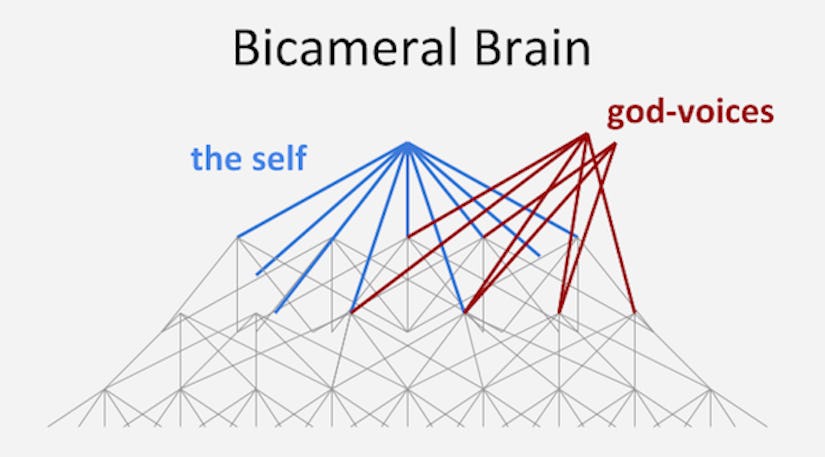That doesn't really work because some aspects of world religions inward looking, and seek to transcend the mundane experience of politics and civil society.
The Christian monastic tradition and Daoism are inward looking, seek communion with God, the sacred, or the spirit the Dao apart from conventional civil structure.
At it's highest stage of development the Hindu or Buddhist mystic is going to seek separation from the conventional concerns of politics, civil society, and anything that qualifies as impermanence.
I've always seen Christianity and most other modern religions as not only looking outward towards a deity or deities, but also as seeing humans as separate from the world that we live in and share with other beings. As though we are apart from creation, rather than part of it.



